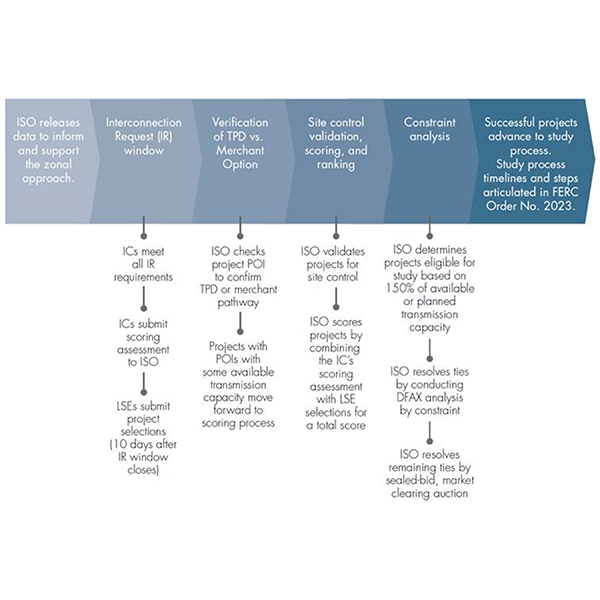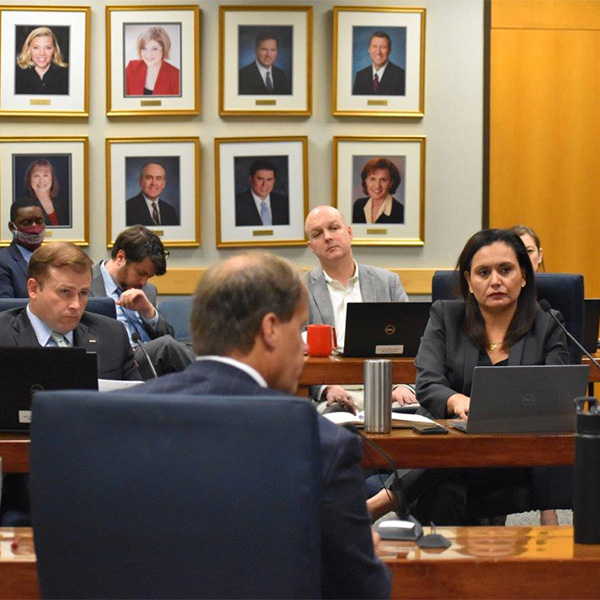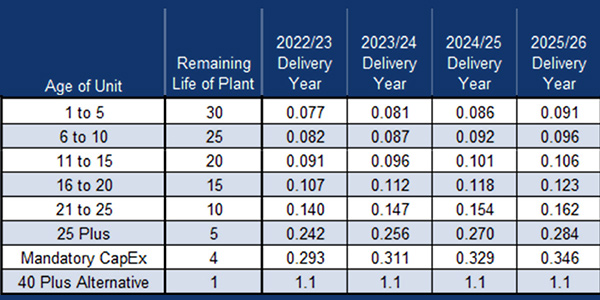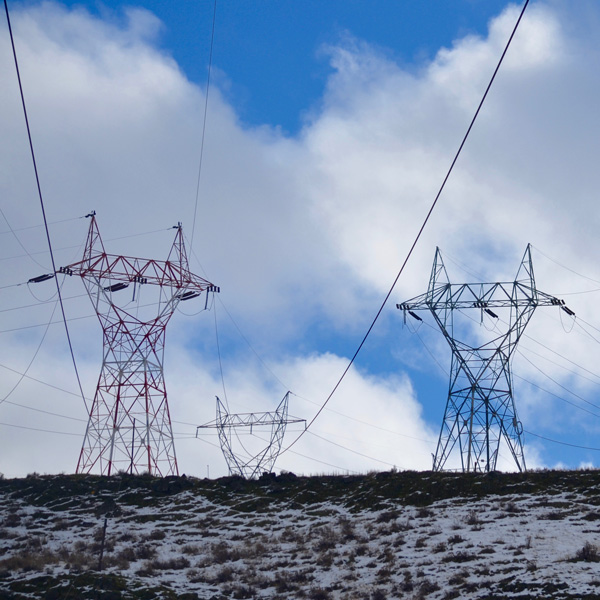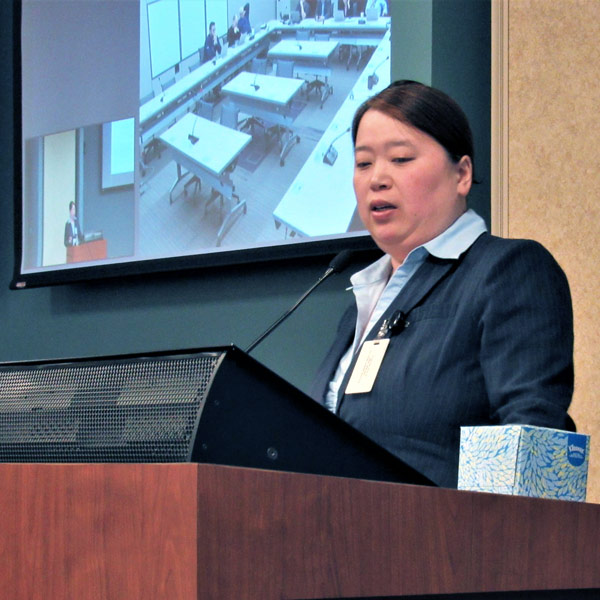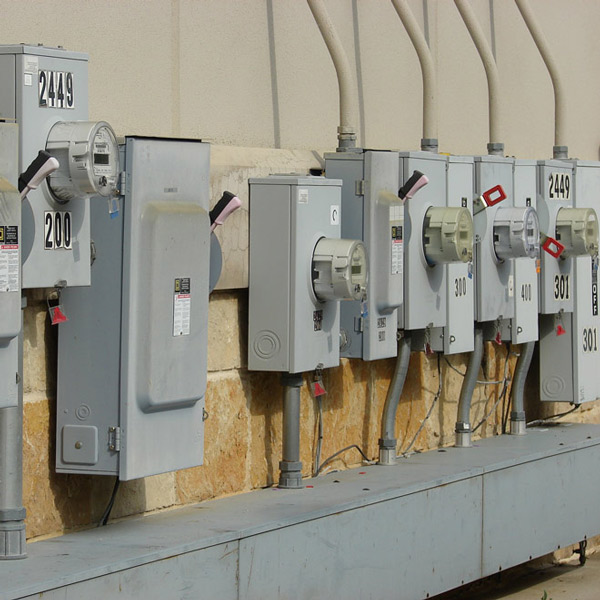load-serving entity (LSE)
Stakeholders are still seeking clarity on details in CAISO’s plan to streamline its interconnection process after the ISO released its final proposal to address the issue after 10 intensive months.
Texas regulators have settled on a two-phase blueprint to redesign the ERCOT market and have given stakeholders until Friday to comment on their proposals.
The CPUC proposed requiring electric providers to procure 11.5 GW of new resources between 2023 and 2026 to meet the state’s reliability needs.
PJM put a vote regarding CTR allocation on hold and discussed capital recovery factors as well as its long-term five-minute dispatch and pricing issue.
Eight of California’s community choice aggregators said they will join forces to create one of the state’s largest procurement entities.
A recent report concluded that a Western resource adequacy program could require state regulators & utilities to relinquish some control over IRP processes.
MISO plans to subdivide its annual capacity auction by seasons to better manage reliability risks caused by renewables’ growing share of the resource mix.
Voltus, a DR aggregator, has asked MISO market participants not to rely on 2020 data for the 2021/22 enrollment of load-modifying resources.
NYISO’s Management Committee voted to revise the ISO’s Tariff to address a concern regarding peak load forecasts and minimum unforced capacity requirements.
ODEC and other self-supply load-serving entities in PJM argue FERC's order to expand the MOPR will undermine their roles in local economic development.
Want more? Advanced Search
